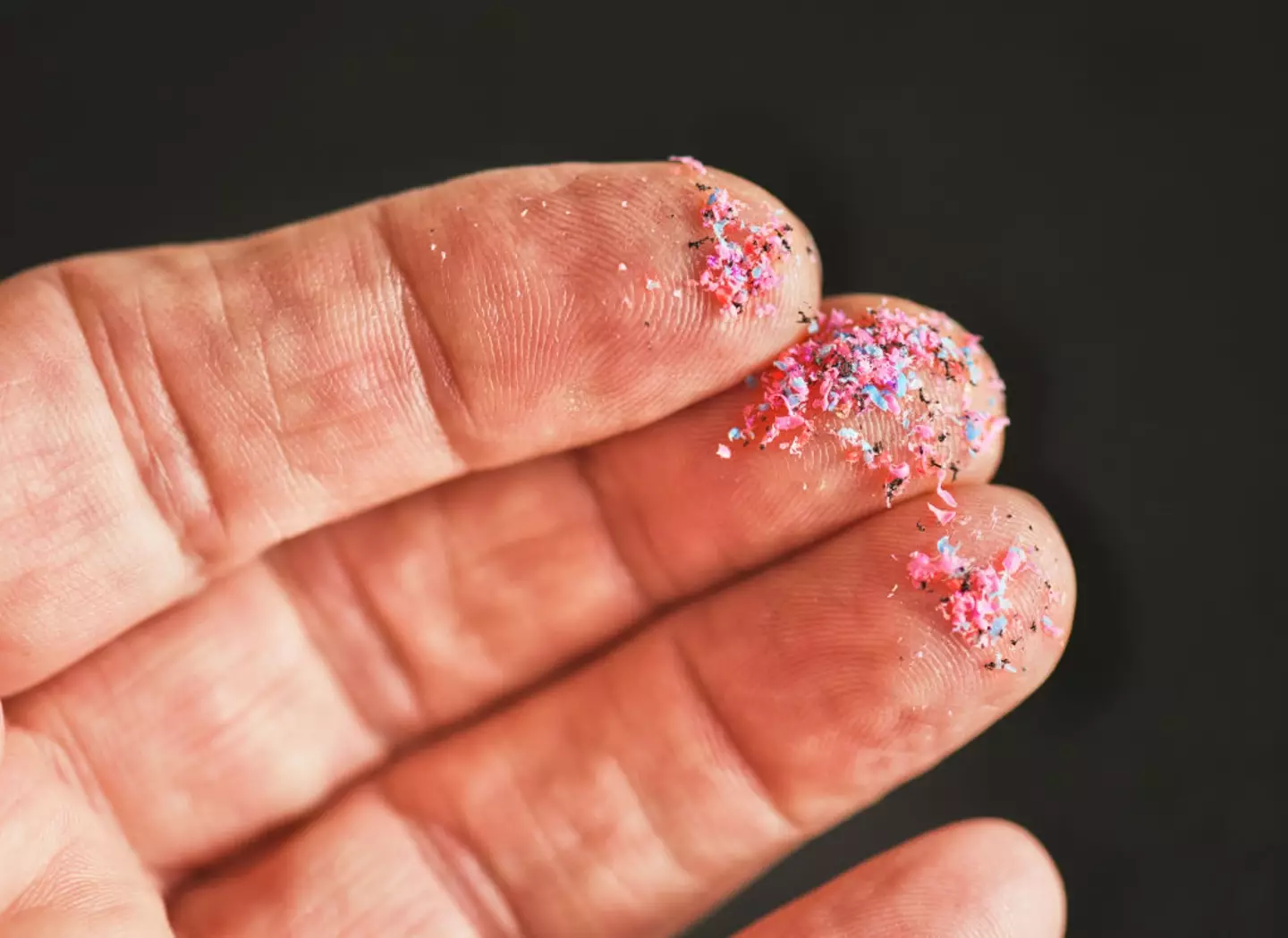
For millions of people, the morning routine begins with the press of a button and the familiar hum of a coffee pod machine. The single-serve system has become a staple of convenience culture that’s quick, consistent, and fuss-free.
Be that as it may, experts are now urging coffee lovers to think twice before reaching for that pod, as new findings point to a largely overlooked health concern.
The focus isn’t on caffeine intake or environmental waste this time, but on something far smaller - literally. Along with the recent reveal about the dangers of instant coffee, caffeine lovers now need to be wary about this other type as well.
It turns out that, according to recent studies, brewing coffee in plastic pods can release microscopic particles known as microplastics into the drink itself.
Advert
These fragments, often less than five millimetres in size, are created when the pod’s plastic is exposed to high heat and pressure inside the machine.

Justin Boucher, an environmental engineer and operations director of the Food Packaging Forum, a nonprofit that tracks research on how materials affect food, told Time: “We already have evidence that many plastics and related microplastics contain hazardous chemicals that can cause harm.”
Scientists now believe that coffee pods and cups could be contributing to this growing problem.
Professor Mohamed Abdallah, an environmental chemist at the University of Birmingham, analysed three different brands of coffee pods and found significant levels of microplastics in the resulting drinks. He traced these particles directly back to the materials used in the pods.
Abdallah said: “Our understanding of the toxicity of microplastics remains in its infancy…But he thinks we know enough for people to be concerned.”
The machines themselves can also contribute to contamination. Abdallah’s research found that older coffee makers released more microplastics than newer models, likely due to the gradual breakdown of plastic components from repeated heating. This means the risk can increase with age, as parts inside deteriorate over time.

Christopher Helt, a toxicologist and director of the GreenScreen Certified® programme, added: “There is clear opportunity for migration of chemical additives into the coffee."
However, he noted that the brief brewing time - around a minute - may limit the extent of contamination.
While scientists are still studying the full health implications, early research has linked microplastic exposure to inflammation, oxidative stress, and higher risks of cardiovascular disease. The particles are small enough to enter the bloodstream and travel to vital organs, where they may accumulate.
Given the uncertainties, experts recommend a precautionary approach. Stainless steel pods, which are reusable and resistant to heat, are considered a safer alternative.
Boucher explained: “The complex chemistry needed to retain plastic’s physical properties isn’t needed to protect stainless steel."
